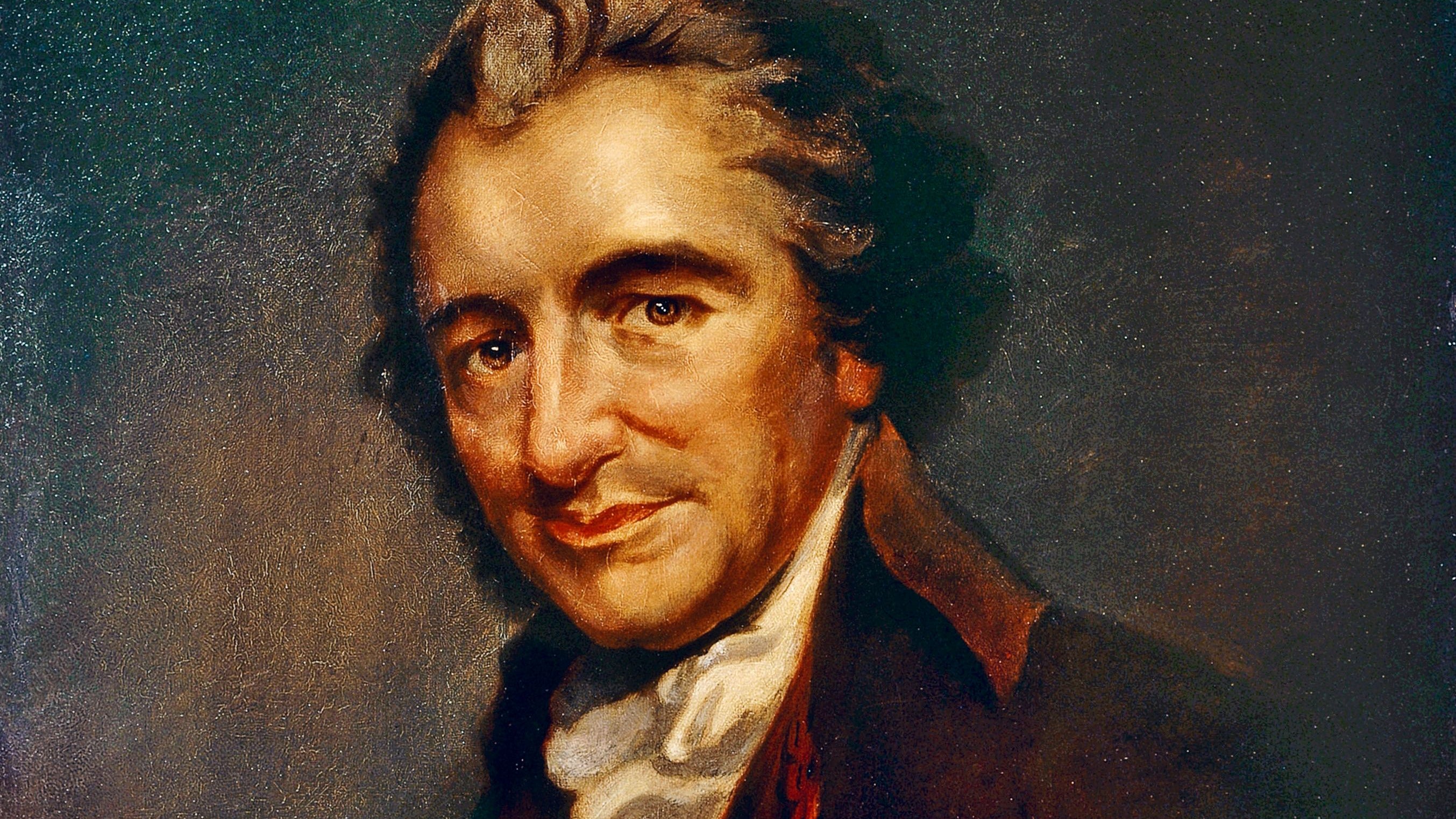The Role of Ideas in Revolutionary Change

Thomas Paine transformed the way colonists saw their relationship with Britain, uniting them under a shared vision of independence.
The Dive
Paine’s pamphlet was not just a call to arms—it was a call for a new way of thinking about government. Instead of seeing themselves as subjects of a distant monarchy, Paine encouraged Americans to see themselves as part of a new political experiment: a republic founded on principles of equality and freedom.
The pamphlet’s power lay in its simplicity. Paine wrote in a language that was accessible to everyday people, making political ideas feel tangible and understandable. In doing so, he turned the abstract concept of independence into a concrete goal that could be pursued by anyone, not just political elites.
Paine’s boldness also set the tone for the Revolution. His rejection of monarchical authority and his call for a new type of government were radical for their time. He was not afraid to challenge the status quo, a trait that would inspire future generations to question authority and push for change.
In today’s world, Paine’s work reminds us that even the most monumental shifts in history often start with the ideas of a few individuals willing to challenge accepted norms. As you think about the changes you want to see in the world, remember that every movement—no matter how big—starts with a single idea, a single voice.
Why It Matters
'Common Sense' reminds us of the power of ideas. At a time when people were expected to follow the rules without question, Paine's writing showed how individuals could spark huge societal shifts. By challenging traditional authority, Paine set the stage for a revolution that would change the world.
?
Dig Deeper
Andrew Shankman talks about how Thomas Paine's Common Sense shaped the American Revolution.
Related

Halifax Resolves and the Road to Revolution
How North Carolina went from protest to the first official call for full independence from Britain.

Who Was Molly Pitcher? Unpacking the Legend, the Facts, and the Firepower
Was she a single fearless woman, or the name shouted when soldiers needed water? The truth is more complicated—and more powerful. Meet the women behind the legend of Molly Pitcher.

American Revolutionary War: From Protest to a New Nation
How arguments over taxes and rights grew into an eight-year war—and how ideas, allies, and perseverance turned thirteen colonies into the United States.
Further Reading
Stay curious!
